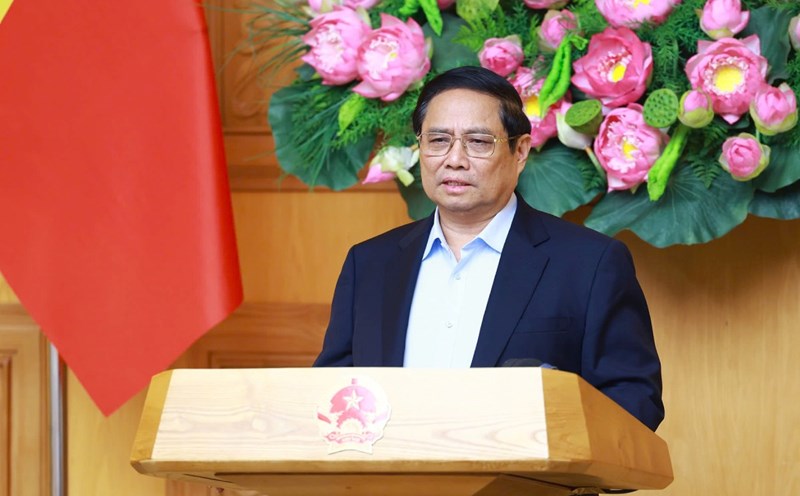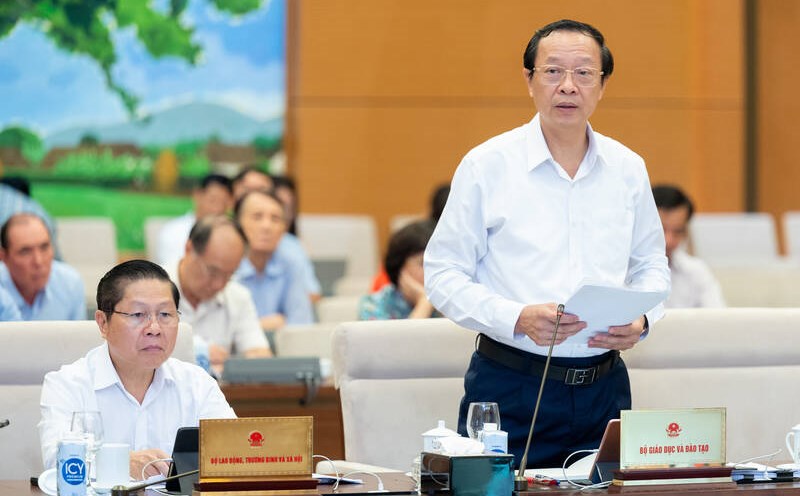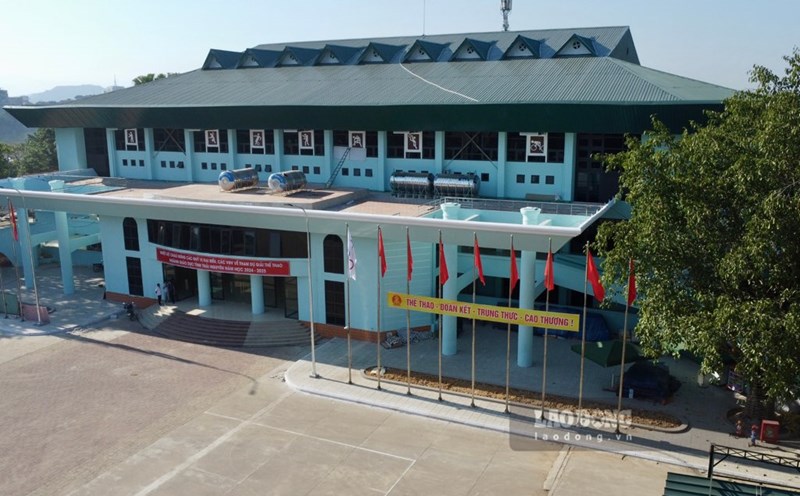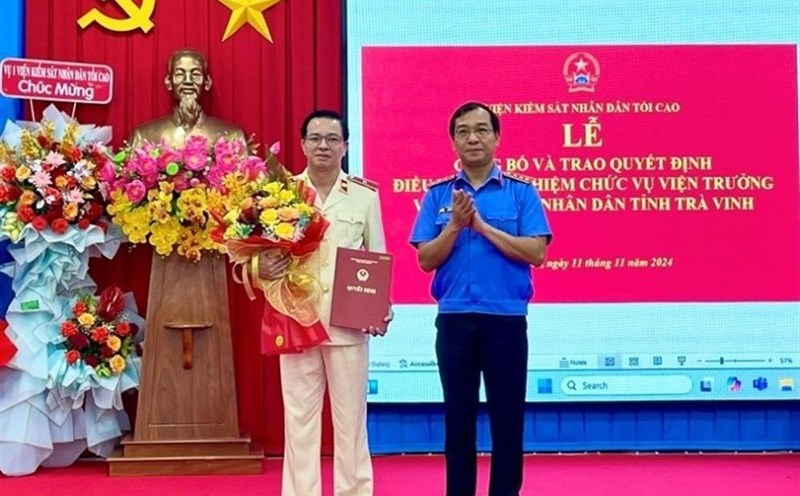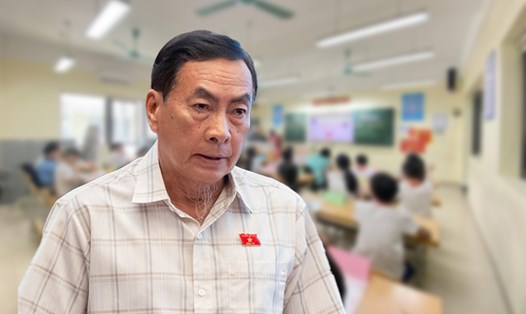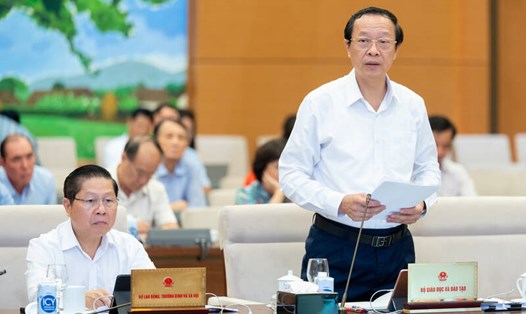On the morning of November 9, the National Assembly listened to Minister of Education and Training Nguyen Kim Son present the draft Law on Teachers.
Compared with current regulations in related Laws such as the Law on Civil Servants, the Law on Education, the Law on Higher Education, the Law on Vocational Education, the Labor Code, the draft Law on Teachers has some new points.
The subjects and scope of application of the Law on Teachers are teachers in educational institutions in the national education system, including teachers in public educational institutions and teachers in non-public educational institutions.
Standardize the teaching staff through a system of titles and professional standards for teachers with standards closely following the requirements of professional capacity associated with each level of education and training.
Teachers in non-public educational institutions are equal to teachers in public educational institutions in terms of identification, professional standards, basic rights and obligations, and a number of policies such as training, fostering, honoring, rewarding, and handling of violations.
Delegate the initiative to the education sector in recruiting and using teachers. In which, the Ministry of Education and Training and the Ministry of Labor, War Invalids and Social Affairs are the agencies in charge of developing strategies, projects, development plans, and total staffing of teachers under their management authority to submit to competent authorities for decision.
In addition, the number of teachers in public educational institutions is coordinated according to the number assigned by competent authorities; educational management agencies or educational institutions take the lead in recruiting teachers.
Regulations on teacher recruitment ensure that there must be pedagogical practice to select people with sufficient capacity in accordance with teacher professional standards, meeting the requirements of teacher professional activities at each level of education and training.
Policies on mobilization, secondment, transfer, inter-school and inter-level teaching for teachers in public educational institutions are fully regulated, serving as a basis for arranging and assigning teachers in accordance with the characteristics of professional activities and the requirements of the education sector.
Notably, the salary policy for teachers is prioritized. In particular, the basic salary according to the teacher salary scale is ranked highest in the administrative career salary scale system; teachers are entitled to preferential allowances for their profession and other allowances depending on the nature of their work and the region as prescribed by law.
Teachers continue to receive seniority allowance until the salary policy according to Resolution 27-NQ/TW is implemented.
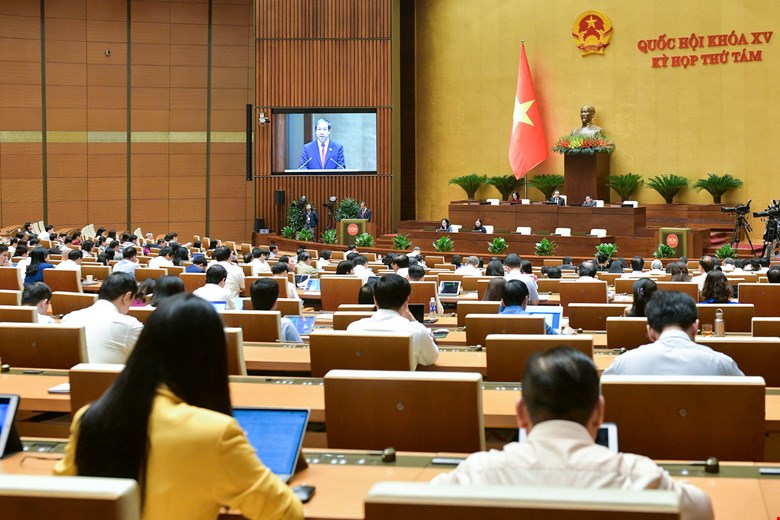
Preschool teachers; teachers working in particularly difficult areas such as ethnic minority areas, mountainous areas, coastal areas and islands; teachers at specialized schools and other specialized schools; teachers implementing inclusive education; teachers who are ethnic minorities and teachers in certain specific professions are given priority in terms of salary and allowances compared to other teachers.
Teachers recruited and ranked for the first time will be ranked one salary level higher in the administrative career salary scale system.
The retirement age of teachers has its own regulations in accordance with the characteristics of their professional activities. In particular, teachers in preschools, if they wish, can retire at a lower age but not more than 5 years older than the regulations and will not have their pension rate deducted due to early retirement.
Teachers with the title of professor, associate professor or doctoral degree and teachers working in specific specialized fields and sectors are entitled to retirement benefits at an older age.
The report clearly stated that better salary, allowance and support policies will contribute to improving living standards, helping teachers feel secure in their work and motivating them to dedicate themselves to their profession.

